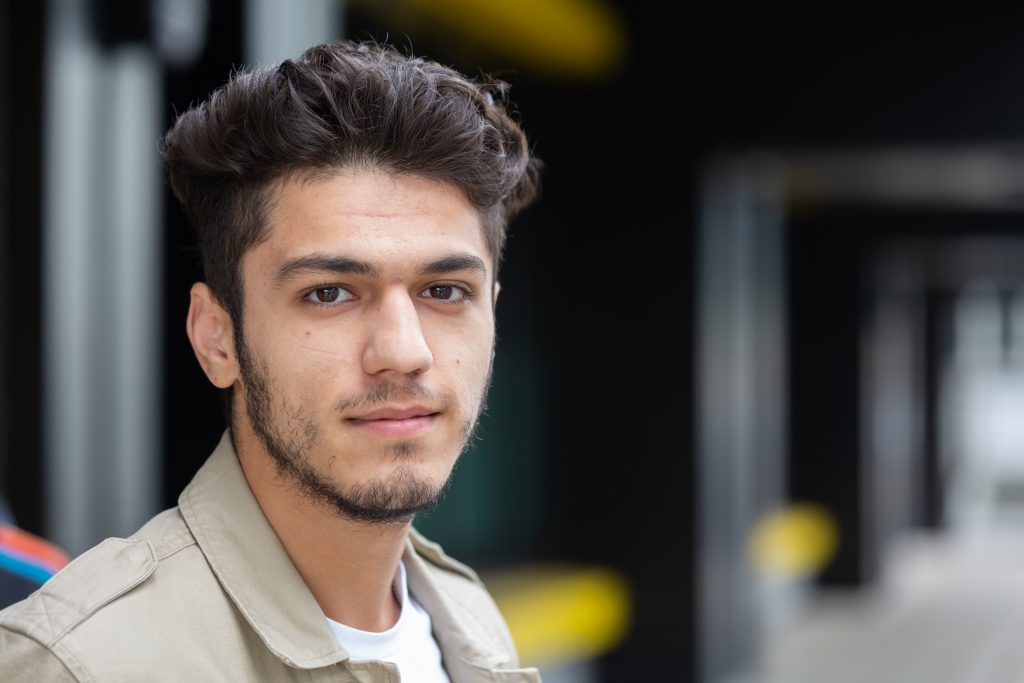
“I chose Design Engineering because it was about building something and getting it out into the real world.”
I was born in Afghanistan but grew up in Stoke-On-Trent. It was in secondary school that I really started getting into science. First, I got into physics – I think you can basically know everything if you know physics. Then, I became interested in how you can apply physics to make real things, which is how I discovered engineering. I was also interested in computer science because I wanted to make my own video game.
When I was looking to apply to university, I didn’t know which subject to pick because I was interested in so many areas. Funnily enough, I almost decided not to attend university at all because I wanted to do something business-focussed, and nothing seemed to have that as a core component.
Imperial’s Design Engineering course started when I was applying for university, and I chose it because it was interdisciplinary with a real product focus. It was about building something and getting it out into the real world. I was in the second cohort, so it came at just the right time! I am a very independent person – I like working on my own stuff, and I was able to do that while completing the course.
My friend Harry and I started the Machine Learning Society in our second year. We grew so quickly that within the first two months it already had 800 members, which was unheard of.
We organised a lot of events where we invited speakers from Deep Mind and other big names like NVIDIA. They would talk about different aspects of AI, not just technically but also how it would affect the world. Harry and I also ran tutorials, which were more practical – people would come in and we would code along with them, teaching them from the ground up. The Machine Learning Society has now rebranded as AI Core, which is an expansion into training and working with all of London’s top AI talent.
We won an Outstanding Student Achievement Award for our work on creating the Machine Learning Society. We had a lot of late nights planning events and creating teaching content so it was a great feeling to know that the wider community appreciated all of the work we were putting in.